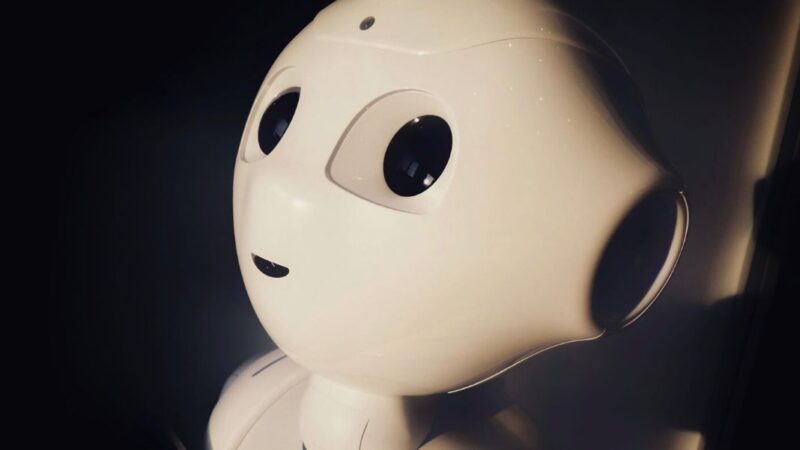There are growing fears around the impact automation could have on jobs, but there’s been much less focus on how it could impact unpaid labor. New research suggests close to half of the time-consuming domestic work people do for free could be automated within a decade.
This article was written by Edd Gent and originally published by Singularity Hub.
The prospect of “technological unemployment” has been a central part of the public discourse around AI and robotics ever since an influential 2013 study from the University of Oxford reported that around 47 percent of US employment was at risk of automation.
While there’s been considerable debate about the scale of the problem, it is now widely accepted that emerging technologies could dramatically reshape the world of work in ways unseen since the industrial revolution. More often than not, this is framed in a negative light, with the focus on the economic impact for displaced workers.
But the authors of a new study in PLOS ONE point out that much of the work humans do isn’t related to their employment and is instead dedicated to household chores or caring for relatives, with women carrying the bulk of this burden. And it turns out many of these tasks are just as amenable to automation as our day jobs, with the study predicting that 39 percent of the time currently spent on this kind of work could be automated within a decade
“If it is true that robots are taking our jobs, then it appears that they are also capable of taking out the trash for us,” the authors write. “Considering that people currently spend almost similar amounts of time on unpaid work as they do on paid work, the social and economic implications of this future of unpaid work could be significant.”
The authors reached their conclusions by asking a panel of 65 AI experts from the UK and Japan to predict about how much of the time spent on 17 domestic tasks—such as cooking, doing laundry, and car maintenance—would be automated in the next five to ten years, and how much it would cost users of those technologies.
These experts were pulled in roughly equal numbers from academia, corporate research and development, and business backgrounds and almost evenly split between men and women. To account for varying attitudes towards automation between different cultures, the team drew 29 of these experts from the UK and 36 from Japan.
After getting a smaller group to help them narrow down the tasks to consider, the authors then put their questions to the wider group. The experts who gave the highest and lowest answers were asked to give explanations, and then the entire group was allowed to use these explanations and statistics from the first round to revise their estimates.
Grocery shopping was seen as the most susceptible, with the researchers predicting on average that 59 percent of the time spent on it would be automated within 10 years. In contrast, the hardest to automate was physical childcare at 21 percent. Care work was generally seen as more difficult to automate, with an average score of 29 percent across several tasks, while housework was seen to be much simpler with a score of 44 percent.
Interestingly, despite the researchers instructing the experts to focus purely on the technical feasibility of automating each task, in many cases their explanations suggested they had also considered more human factors. In particular, much of the reasoning for why care-related tasks were less amenable to technological solutions was a lack of societal acceptance.
The authors also broke down the responses based on the demographics of the experts to see how different cultural factors could impact the forecast. They found that male experts from the UK were much more optimistic than their female counterparts, which the authors say fits previous research showing men are typically more optimistic about technology.
However, the situation was reversed when it came to the Japanese experts, which the team suggests could be due to much greater gender disparity in who does housework in Japan. They point to surveys showing that only 52 percent of Japanese men aged 20 to 59 do any domestic work, compared to 88 percent in the UK.
The authors say that discrepancies due to cultural differences show the potential limitations to this kind of forecasting study, but also suggest that more carefully taking these factors into account could help boost their validity.
Regardless of how accurate the results are, though, the study shines a light on an important and much-overlooked aspect of automation. While it is likely to cause significant disruption to the world of work as we know it, it could also free us from much of the domestic drudgery that currently occupies our free time.





